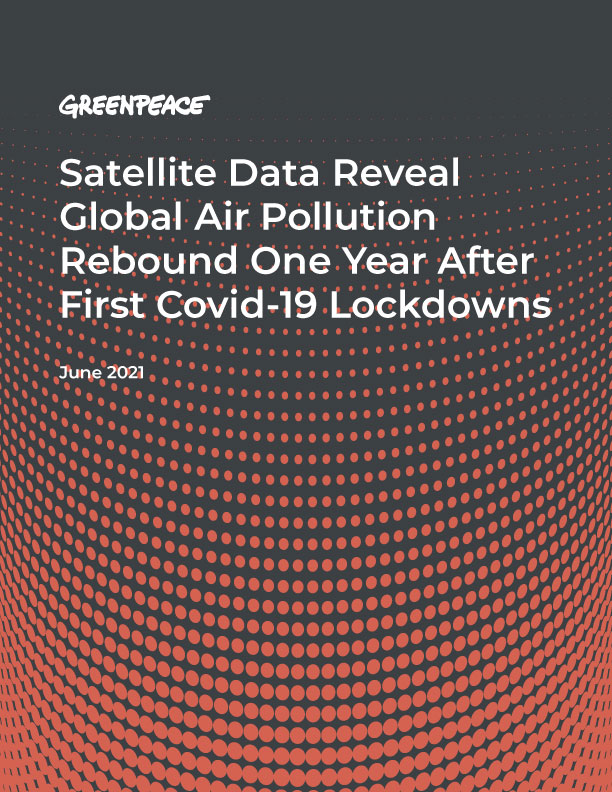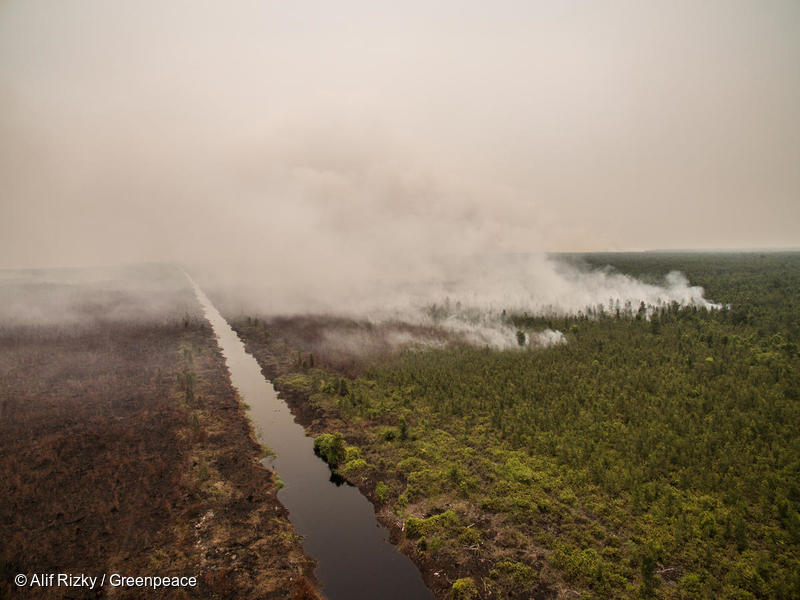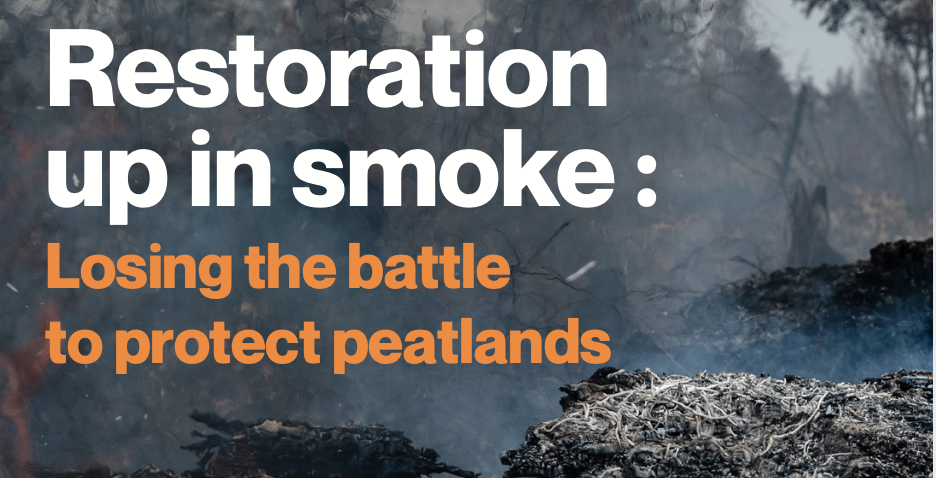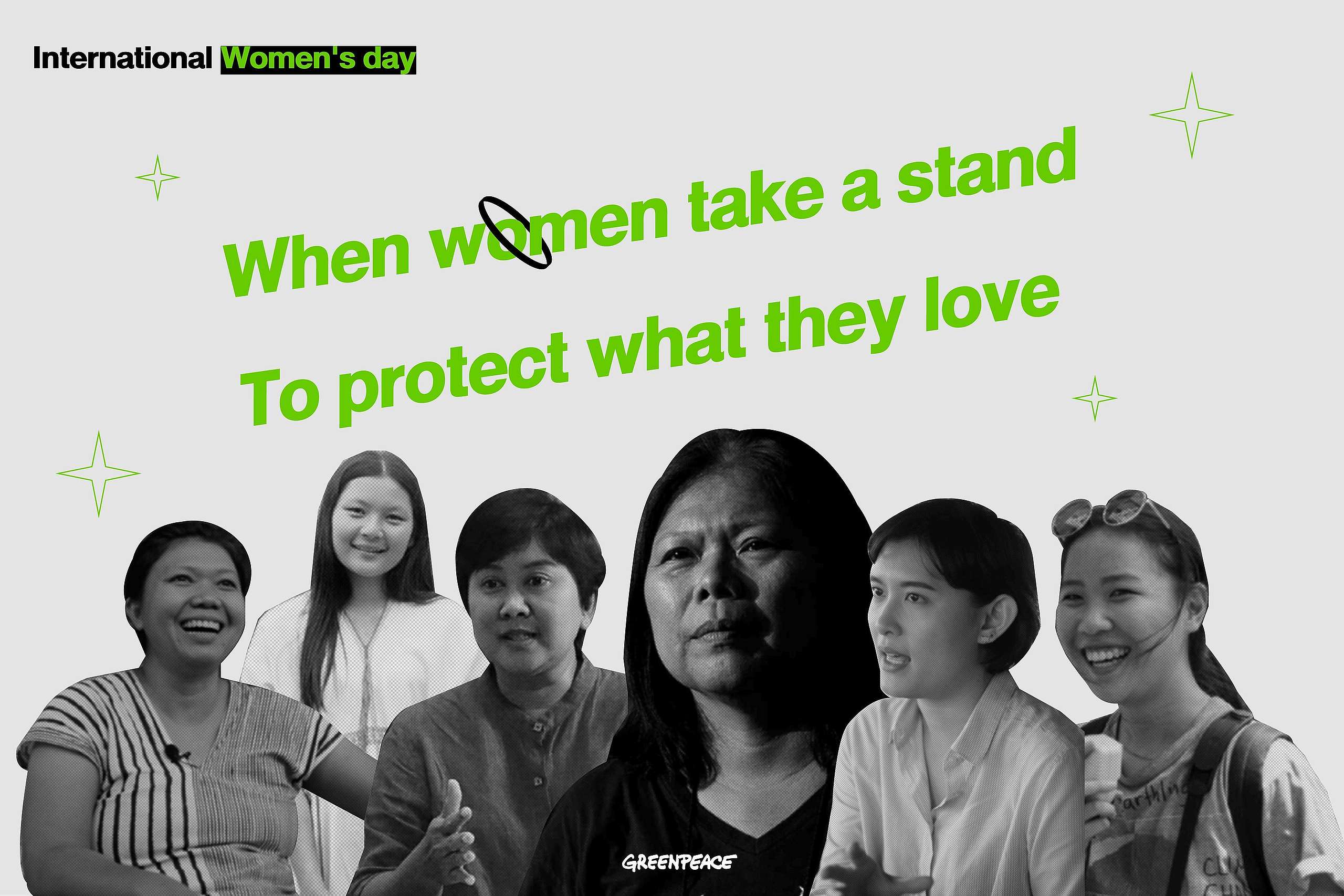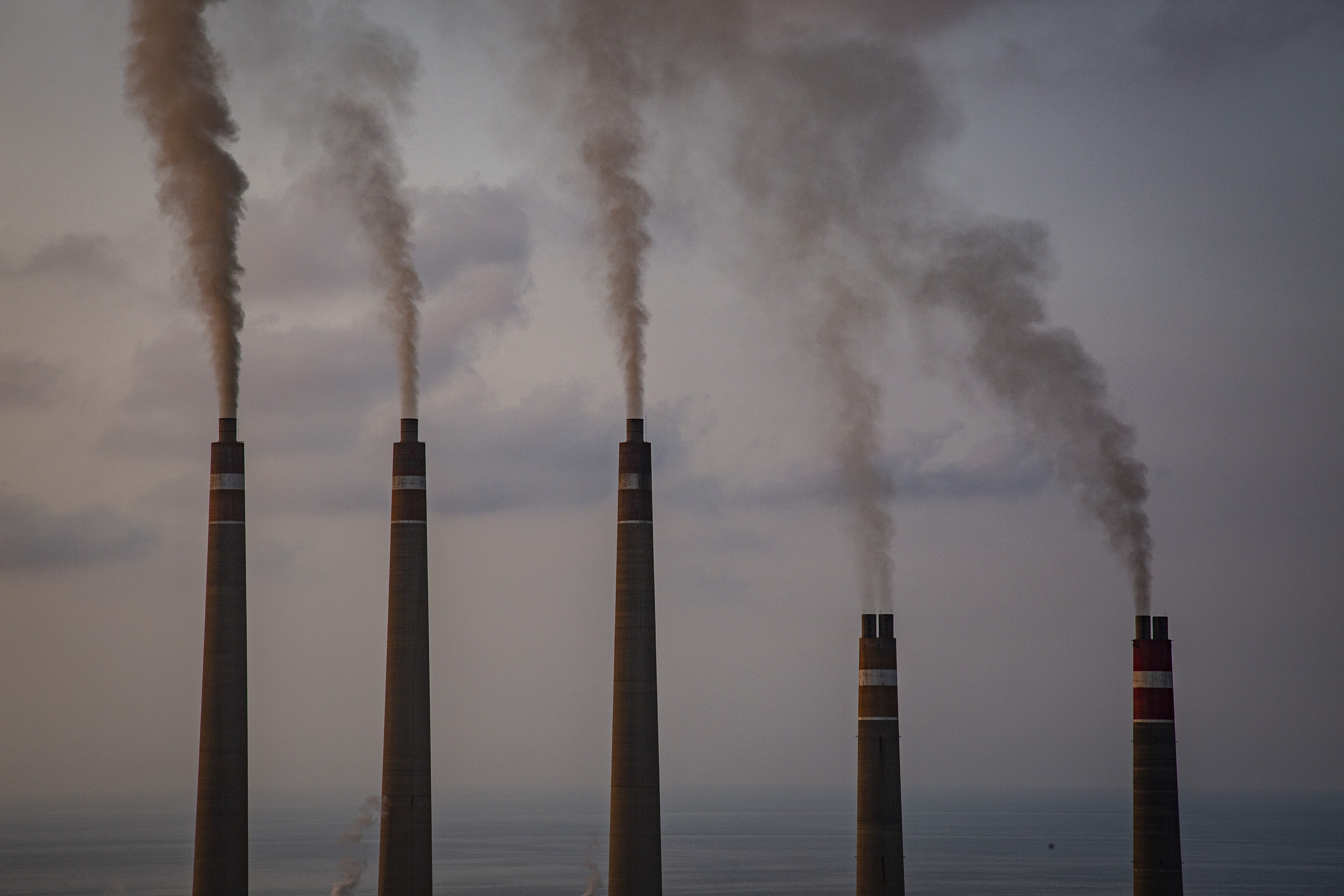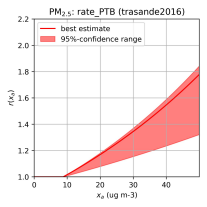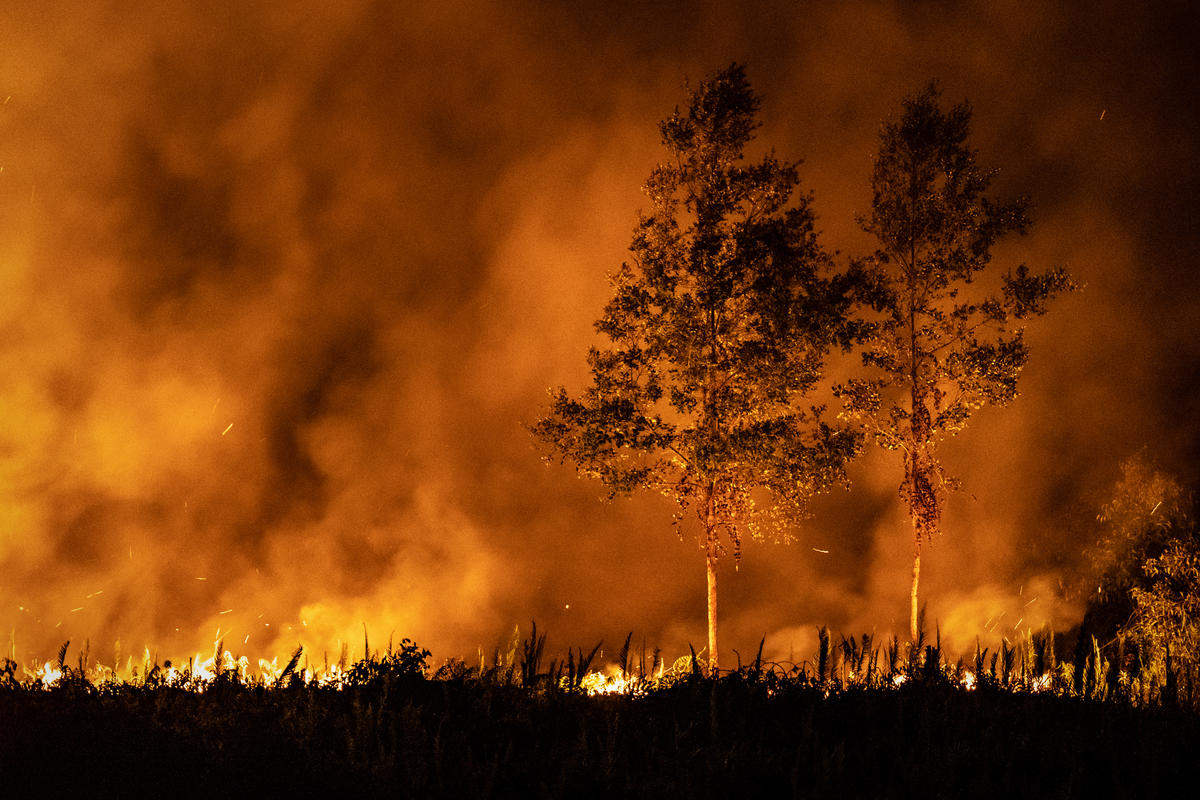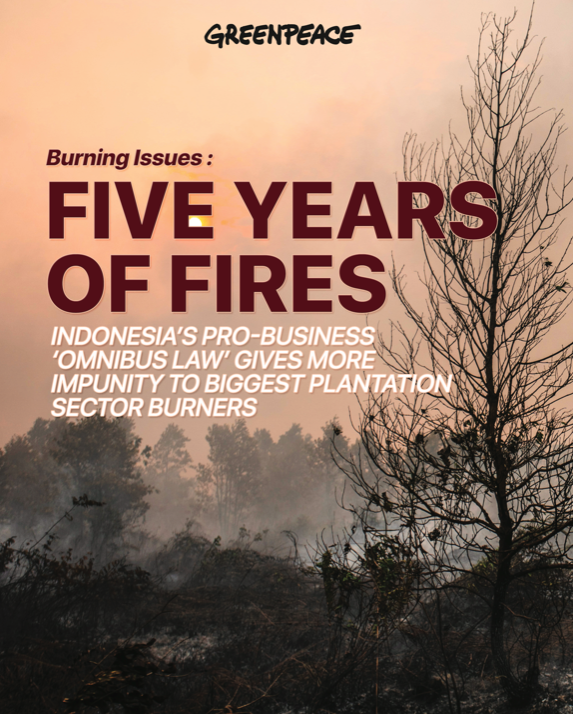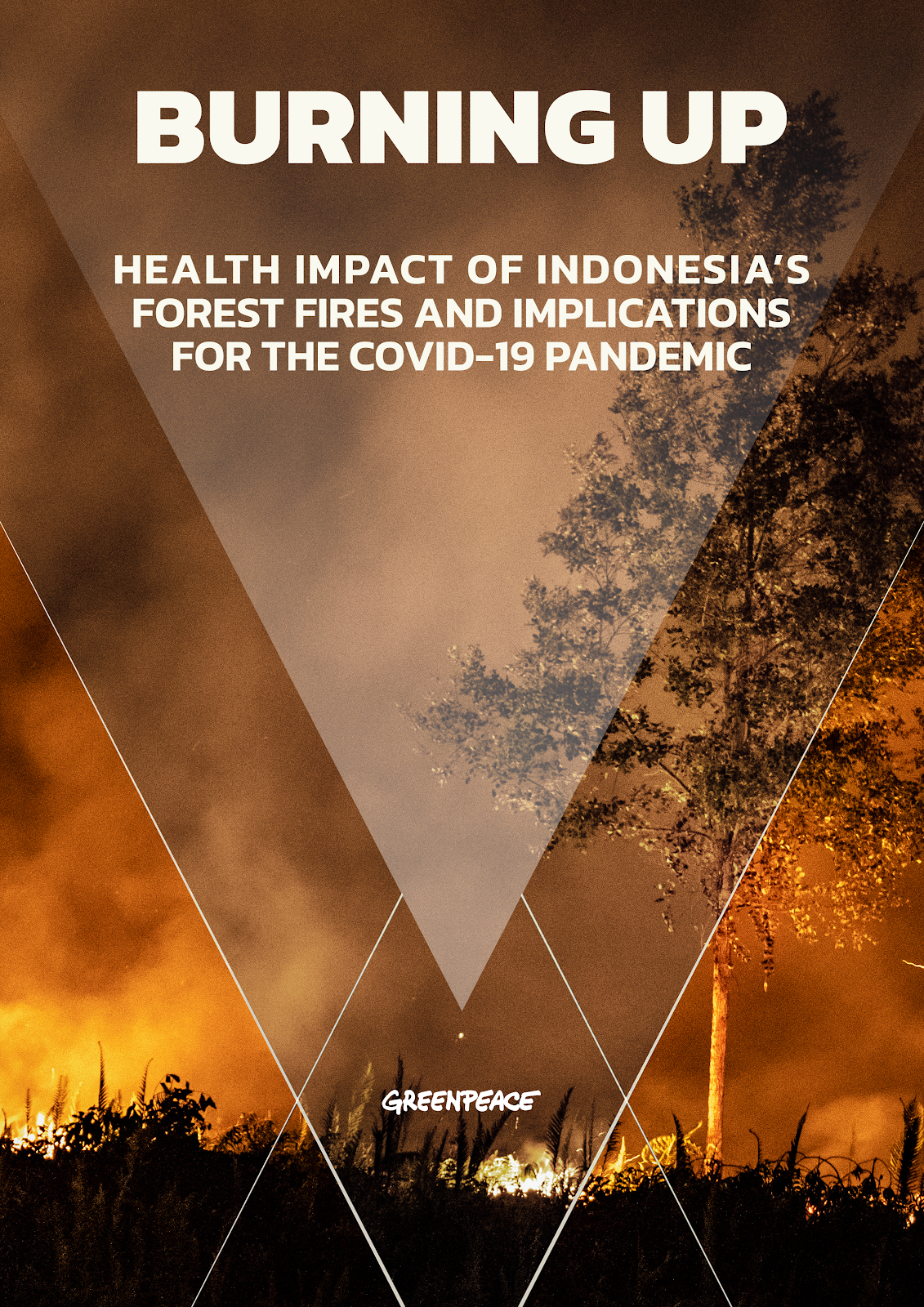All articles
-
Satellite Data Reveal Global Air Pollution Rebound One Year After First Covid-19 Lockdowns
In this report, we investigate nitrogen dioxide (NO2) pollution data from ground level monitors and satellite observations. The analysis compares air quality before the emergence of Covid-19 against pollution measurements made during different stages of the pandemic.
-
Greenpeace report finds Indonesia is losing the battle to protect peatlands
A new Greenpeace Indonesia report, Restoration Up in Smoke: Losing the Battle to Protect Peatlands, identifies major contradictions in the Indonesian government’s claims to meet its peatland restoration targets.
-
Restoration Up in Smoke: Losing the Battle to Protect Peatlands
In the absence of independent verification of the progress of peatland restoration, Greenpeace decided to conduct an analysis of the present condition of peatlands in Indonesia. The goal of this analysis is to establish the locations of the degraded peatlands which have been prioritised to be restored by the government and to assess the condition…
-
When women take a stand to protect what they love
We cannot deny that women have come a long way, their influence seen, heard and felt everywhere. Be it in the social, political, or economic spheres, women everywhere continue to make waves, even break barriers.
-
PM2.5 air pollution behind an estimated 160,000 deaths in world’s 5 biggest cities in 2020
PM2.5 air pollution was behind approximately 160,000 deaths in the world’s five most populous cities in 2020, according to a Greenpeace Southeast Asia analysis of IQAir data from a live Cost Estimator
-
Methodology: Estimating the cost of air pollution in world cities (2020)
The Cost Estimator is an online tool that estimates the real-time health impact and economic cost from fine particulate matter (PM2.5) air pollution in major world cities.1It is deployed in a collaboration between Greenpeace Southeast Asia, IQAir and the Centre for Research on Energy and Clean Air (CREA). Estimates of real time health and economic…
-
An area eight times the size of Bali has burned in Indonesia in the last five years, new Greenpeace report shows
Greenpeace Southeast Asia's new report ‘Burning Issues: Five Years of Fire’ exposes the total failure of Indonesia’s government to protect forest and peatland from burning.
-
Burning Issues: Five Years of Fire
The 2015 fire season in Indonesia was the worst in nearly two decades, with the blazes for almost a month emitting daily carbon emissions that exceeded those from the entire US economy.
-
Burning Up: Health Impact of Indonesia’s Forest Fires and Implications for the Covid-19 Pandemic
As Indonesia braces for the 2020 forest fire season, a timely review of data of the effect on smoke-affected communities shows consecutive governments have been consistently and massively underestimating the impact on human health.
-
Real-time counter tracks cost of air pollution during COVID-19
The cost of air pollution counter, developed by Greenpeace Southeast Asia and IQAir AirVisual, reveals the impact of air pollution in 28 cities around the world since 1 January, 2020.

